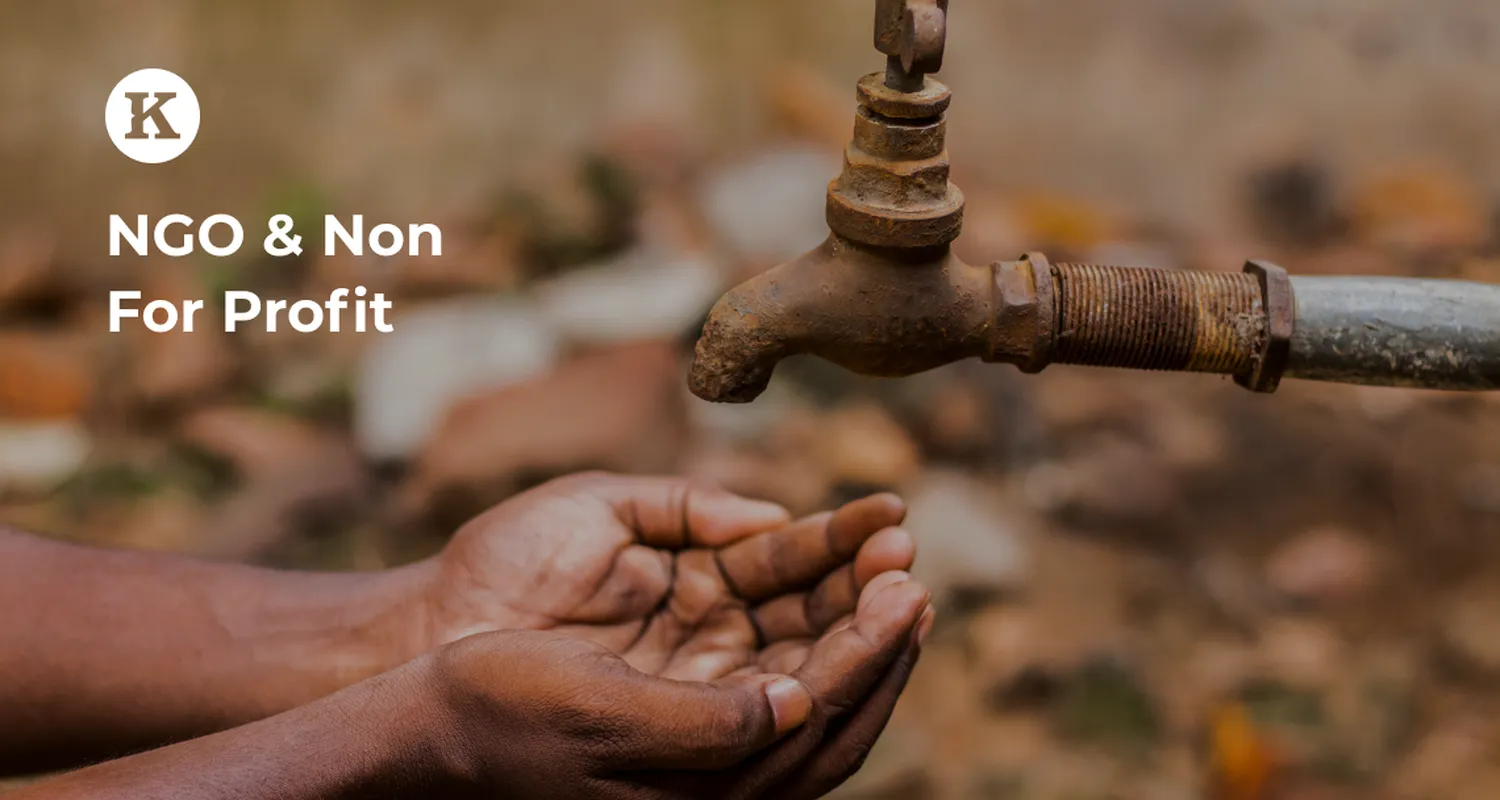Privacy preferences
Our website uses cookies and other technologies, as detailed in our Privacy Policy, to gather data about your usage. These cookies help personalize content and ads, provide social media features, and analyze our website traffic. We primarily use this information to understand traffic patterns. Additionally, we share data about your site usage with our social media, advertising, and analytics partners.
Learn more
Functional cookies (necessary)
Always active
These are cookies necessary for the correct functioning of the website. These necessary cookies enable basic functions such as site navigation, and at the same time ensure that the website is safe and easy to use and operate. For this reason, these are mandatory cookies and their use cannot be excluded. Some of these cookies belong to third parties and are used by YouTube, which provide it`s services to our company.
Analytic cookies help us understand user interactions with our website. They track details like your location, browsing patterns, preferences, and time spent on the site. This information aids in enhancing your website experience. These cookies contribute to the efficient running of the website and tailor the content to your needs, based on anonymous data collection and reporting. Your explicit consent is needed to activate these cookies.
Marketing cookies track your activity on our website to deliver content and advertisements that are specifically tailored to your interests, making them more relevant and valuable to you. This personalized approach allows for more effective advertising, benefiting both you and third-party advertisers. Our website utilizes both short-term and long-term marketing cookies, some of which are provided by third parties like YouTube and Google LLC. Your active consent is necessary to enable these cookies.





